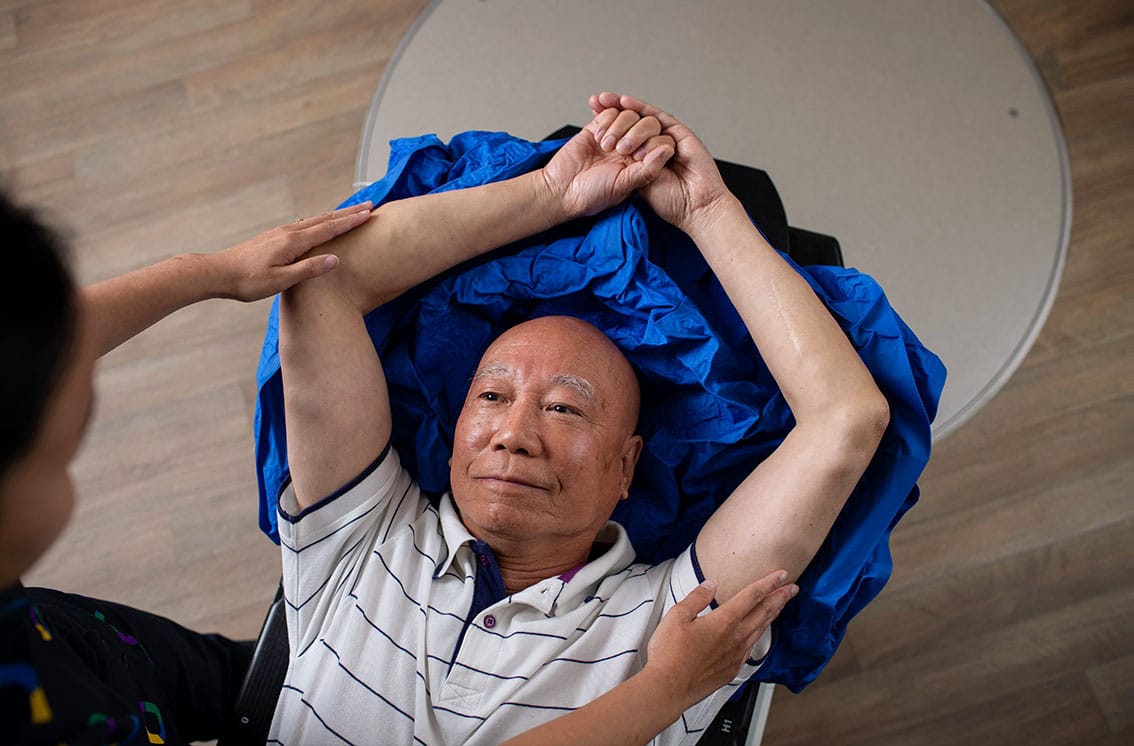Radiation therapy, or radiotherapy, uses radiation to safely treat and manage cancer by destroying cancer cells, reducing the growth and spread of cancer or relieving cancer symptoms. Radiation therapy directly attacks cancer cells and limits damage to healthy cells, as cancer cells are more sensitive to radiation.
Unlike extreme exposure to radiation, such as in nuclear accidents, natural sources of radiation, or uncontrolled environments, where radiation is not controlled and can cause further health issues, radiation therapy treatment is delivered in a quality controlled, safe environment.
At each appointment safe doses of radiation is delivered to the tumour with precision accuracy. The treatment uses safe doses of radiation given over multiple sessions to allow the body time to recover between each treatment session. When small, controlled doses of radiation are provided over a period of days and weeks, normal cells can recover from the radiation, but cancer cells cannot, helping destroy the tumour. Radiation is a non-invasive treatment and is typically painless, similar to having an x-ray, and is targeted to the part of the body being treated.
